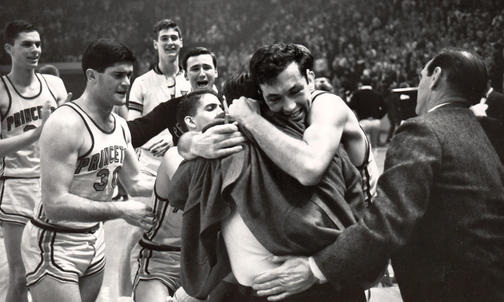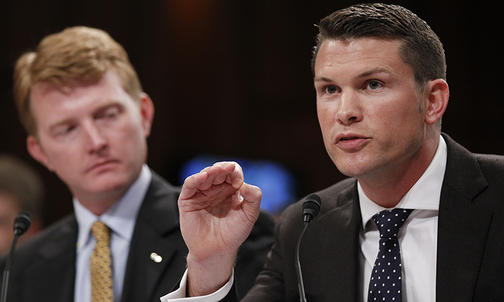INBOX

Join The Conversation
PAW invites readers to participate in thoughtful and respectful dialogue. Here’s how the process works.
1
Find the Story
Every article includes a “Join the Conversation” form at the bottom. Scroll down to complete the form, and be sure to include your name, email address, and Princeton affiliation.
2
Share Your View
Read PAW’s commenting policy for details about our guidelines and expectations. Responses are limited to 500 words online and 250 words for print consideration.
3
Submit Your Response
All comments are reviewed by PAW’s editors. When a comment is published, an email notification will be sent to the address you provided.
Popular Inbox
January 03, 2025
Princeton/NFL Draft Trivia
November 12, 2024
Student Referendum
January 06, 2025
More Glory Honors
December 05, 2024
Hegseth’s Troubling History
December 12, 2024
Pro-Israel Lobby’s Influence on Policy
The 25 Greatest Athletes in Princeton History
A panel of experts selected these athletes from a list of many, many — remember, we said many — extraordinary Tigers
January 14, 2025
Bonthron ’34 Drew World’s Best to Palmer Stadium
January 13, 2025
Basketball Star, Major League Outfielder Venable ’05
January 13, 2025
Love of Rowing Endures
What Was Defense Secretary Nominee Pete Hegseth ’03 Like at Princeton?
Hegseth, President-elect Donald Trump’s pick for defense secretary, was a basketball player, a politics major, and a brash publisher of The Princeton Tory
December 19, 2024
Questioning Hegseth’s Qualifications
December 06, 2024
Familiar Princeton Background
December 06, 2024
Princeton’s Role in Hegseth’s Rise
PAW IN PRINT
Newsletters.
Get More From PAW In Your Inbox.






January 14, 2025
Adjusting to Princeton, Academically and Socially
Richard Golden ’91